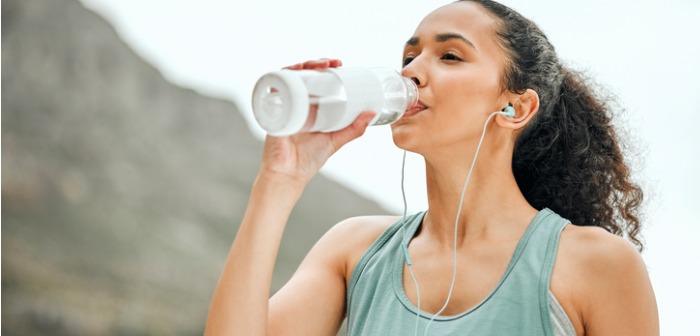The terms “sports drink” and “energy drink” are commonly used interchangeably; however, they are significantly different products. As an athletic trainer for St. Elizabeth Sports Medicine, parents and athletes are often unsure of the difference and which drink is recommended for performance.
Energy drinks are marketed as quick-energy beverages with their primary ingredients being high levels of carbohydrates and caffeine. They are considered a food supplement and are not regulated by the FDA. The American Academy of Pediatrics warns of the potential health risks associated with energy drinks due to the stimulants they contain. The use of these products is also discouraged by the National Federation of State High School Associations and the Sports Medicine Advisory Committee. They are not a good source for fluid replacement before, during or after activity.
While energy drinks are loaded with caffeine, sports drinks are not
They contain carbohydrates and electrolytes and replace fluids and electrolytes lost to sweating during activity. Dehydration leads to decreased athletic performance. Staying hydrated is essential for athletes to reach their peak performance and sports drinks may help.
The National Athletic Trainers’ Association recommends athletes drink the following:
| When to hydrate | How much to hydrate |
| 2-3 hours before competition | 17-20 fluid ounces |
| 10-20 minutes before competition | 7-10 fluid ounces |
| During competition | 7-10 fluid ounces every 10-20 minutes |
At St. Elizabeth Sports Medicine, we encourage athletes to use water for events lasting less than an hour and sports drinks for activities longer than an hour. We believe energy should come from healthy lifestyle choices, staying well hydrated, eating a balanced diet and getting plenty of sleep and proper recovery.

